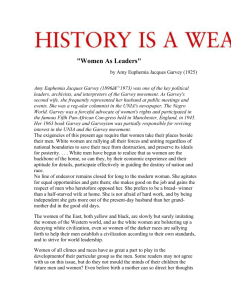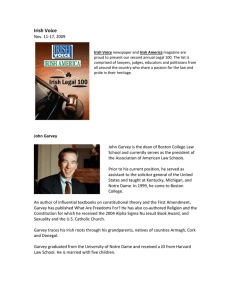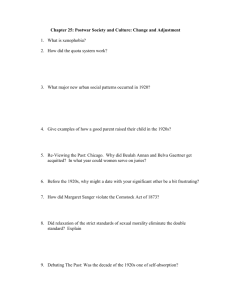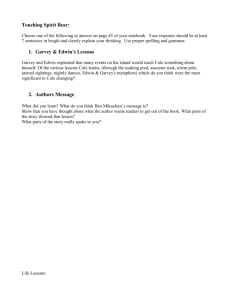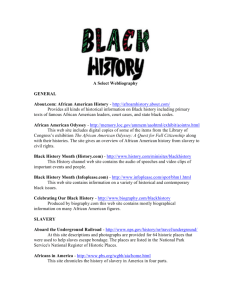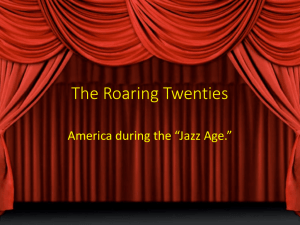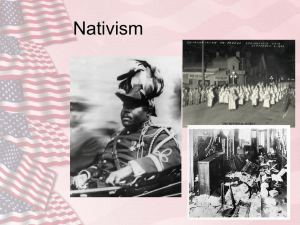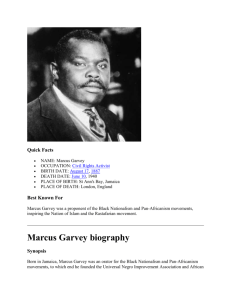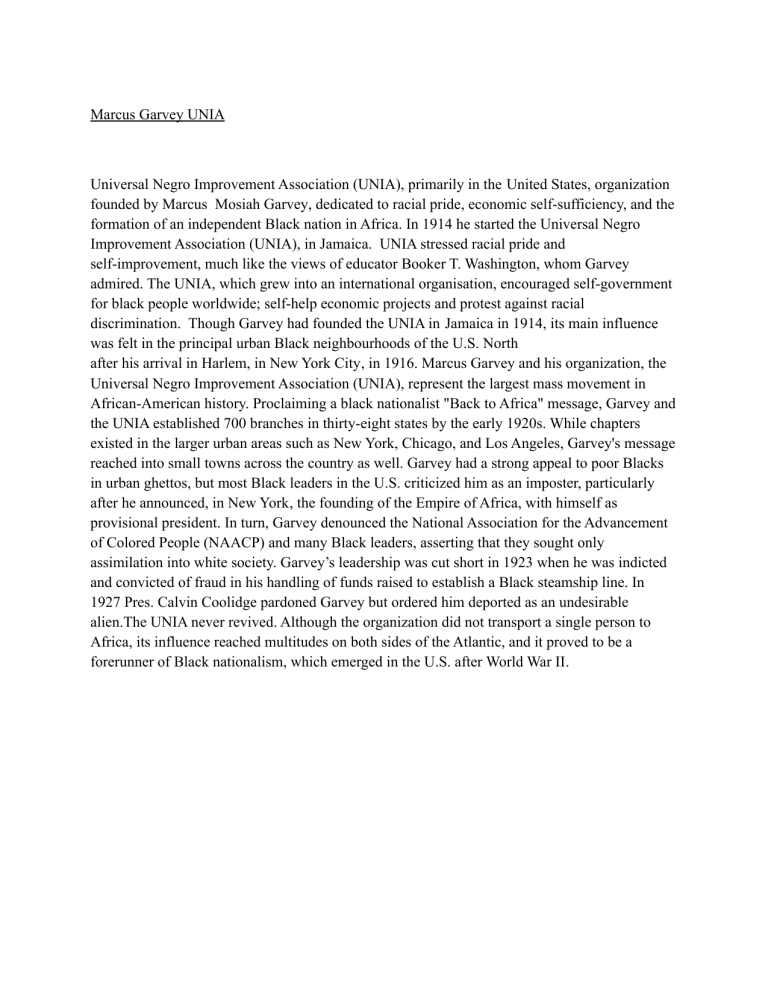
Marcus Garvey UNIA Universal Negro Improvement Association (UNIA), primarily in the United States, organization founded by Marcus Mosiah Garvey, dedicated to racial pride, economic self-sufficiency, and the formation of an independent Black nation in Africa. In 1914 he started the Universal Negro Improvement Association (UNIA), in Jamaica. UNIA stressed racial pride and self-improvement, much like the views of educator Booker T. Washington, whom Garvey admired. The UNIA, which grew into an international organisation, encouraged self-government for black people worldwide; self-help economic projects and protest against racial discrimination. Though Garvey had founded the UNIA in Jamaica in 1914, its main influence was felt in the principal urban Black neighbourhoods of the U.S. North after his arrival in Harlem, in New York City, in 1916. Marcus Garvey and his organization, the Universal Negro Improvement Association (UNIA), represent the largest mass movement in African-American history. Proclaiming a black nationalist "Back to Africa" message, Garvey and the UNIA established 700 branches in thirty-eight states by the early 1920s. While chapters existed in the larger urban areas such as New York, Chicago, and Los Angeles, Garvey's message reached into small towns across the country as well. Garvey had a strong appeal to poor Blacks in urban ghettos, but most Black leaders in the U.S. criticized him as an imposter, particularly after he announced, in New York, the founding of the Empire of Africa, with himself as provisional president. In turn, Garvey denounced the National Association for the Advancement of Colored People (NAACP) and many Black leaders, asserting that they sought only assimilation into white society. Garvey’s leadership was cut short in 1923 when he was indicted and convicted of fraud in his handling of funds raised to establish a Black steamship line. In 1927 Pres. Calvin Coolidge pardoned Garvey but ordered him deported as an undesirable alien.The UNIA never revived. Although the organization did not transport a single person to Africa, its influence reached multitudes on both sides of the Atlantic, and it proved to be a forerunner of Black nationalism, which emerged in the U.S. after World War II.
